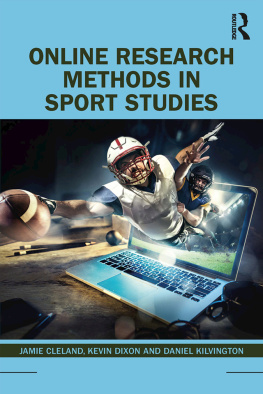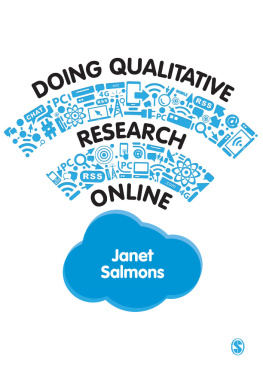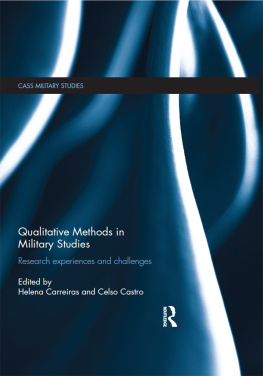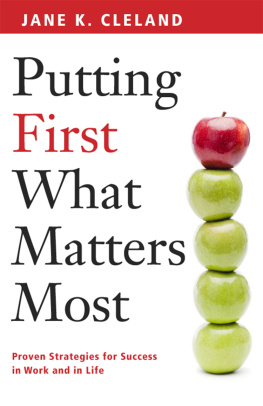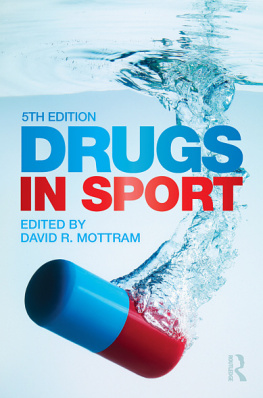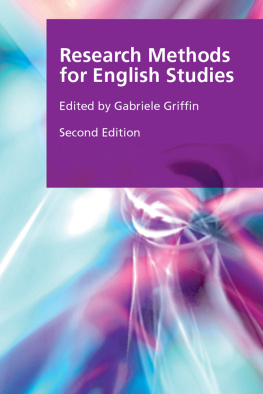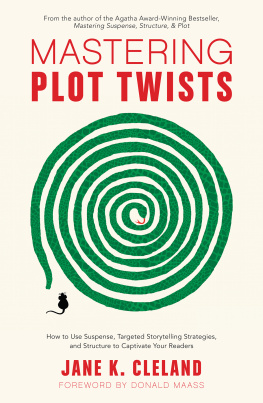ONLINE RESEARCH METHODS IN SPORT STUDIES
The internet and digital technologies have transformed sport and the way that we research sport, opening up new ways to analyse sport organisations, fan communities, networks, athletes, the media, and other key stakeholders in the field. This engaging and innovative book offers a complete introduction to online research methods in sport studies, guiding the reader through the entire research process, and bringing that process to life with sport-related cases and examples.
Covering both qualitative and quantitative methods, the book introduces key topics such as generating a research idea, implementing the research design, maintaining good ethical standards, and collecting, analysing and presenting data. It explains how to conduct online surveys, online interviews, and online ethnography in practice, and every chapter contains individual and group activities to encourage the reader to engage with real online research, as well as further reading suggestions to help them develop their knowledge.
Online Research Methods in Sport Studies is essential reading for undergraduate and postgraduate students, academics, and researchers with an interest in sport studies, and is a useful reference for practitioners working in sport or sport media who want to improve their professional research skills.
Jamie Cleland is based in the School of Management at the University of South Australia, Australia. His research often uses online methods to explore a range of social issues in sport.
Kevin Dixon is based in the School of Health and Life Sciences at Teesside University, UK. His research focuses on the social scientific study of sport and leisure cultures.
Daniel Kilvington is based in the School of Cultural Studies and Humanities at Leeds Beckett University, UK. His teaching and research focus on race, sport, and new media.
ONLINE RESEARCH METHODS IN SPORT STUDIES
Jamie Cleland , Kevin Dixon , and Daniel Kilvington
First published 2020
by Routledge
2 Park Square, Milton Park, Abingdon, Oxon OX14 4RN
and by Routledge
52 Vanderbilt Avenue, New York, NY 10017
Routledge is an imprint of the Taylor & Francis Group, an informa business
2020 Jamie Cleland, Kevin Dixon and Daniel Kilvington
The right of Jamie Cleland, Kevin Dixon and Daniel Kilvington to be identified as authors of this work has been asserted by them in accordance with sections 77 and 78 of the Copyright, Designs and Patents Act 1988.
All rights reserved. No part of this book may be reprinted or reproduced or utilised in any form or by any electronic, mechanical, or other means, now known or hereafter invented, including photocopying and recording, or in any information storage or retrieval system, without permission in writing from the publishers.
Trademark notice : Product or corporate names may be trademarks or registered trademarks, and are used only for identification and explanation without intent to infringe.
British Library Cataloguing-in-Publication Data
A catalogue record for this book is available from the British Library
Library of Congress Cataloging-in-Publication Data
A catalog record for this book has been requested
ISBN: 978-0-367-40813-8 (hbk)
ISBN: 978-0-367-40816-9 (pbk)
ISBN: 978-0-367-80930-0 (ebk)
Typeset in Bembo
by Apex CoVantage, LLC
INTRODUCTION
Why research online?
According to the website datareportal.com, an online resource that specialises in providing the latest statistics for internet usage from across the globe, at the end of January 2019 there were close to 4.4 billion internet users out of a world population of 7.7 billion (see the list of references at the end of the chapter for the link to this report). Comparing this with January 2018, they report how an extra one million people per day accessed the internet over the course of just one year. They also illustrate how 5.1 billion people are mobile phone users (not all have internet access however), with nearly 3.5 billion of those who have internet access using a variety of social media sites (the average number of social media accounts per internet user was listed as nine). To illustrate why we believe the topic of this book is timely, we only have to compare the number of internet users in 2019 (4.4 billion) with the number in 2014 (2.485 billion) to see the significant growth of global internet consumption over just a five-year period. Indeed, the percentage share of internet time by mobile devices has also increased dramatically, from 26 percent in 2014 compared to 48 percent in 2019 (nearly doubling in that time). Adding to this, worldwide internet users are found to spend an average of six hours and 42 minutes online every day, with two hours and 21 minutes of this time spent consuming various social media sites (the top three most visited websites in the world are Google, YouTube, and Facebook).
Through examples of statistics like these, it is clear that the addition of tablets and smartphones to existing home, study, or work computers has vastly increased our immediate access to the internet in a short period of time. Of course, the internet is not universally available to all, but we do know that there are more digital communication gadgets in the world than there are people. As human beings we find the internet engaging for a multitude of reasons. Browsing the news or sport available online, shopping for holidays, clothes or other products, gaming, listening to music, watching videos or live events, as well as engaging in debate with other users on specific websites or social media platforms, are only some of the options that we have available.
By its very nature the internet is interactive with fluid boundaries in which researchers are increasingly looking to examine. As outlined by the Association of Internet Researchers (2012: 3), The internet is a social phenomenon, a tool, and also a (field) site for research. From traditional methods of gathering survey questionnaires via post, in person or over the telephone, conducting interviews in person or over the telephone, and carrying out some form of visual observation of participants (either overtly or covertly), research can now be conducted from the comfort of your own home, library, university, or workplace quickly and at a relatively low cost. It also allows for larger sample sizes from a bigger geographical spread through the different ways in which the internet allows researchers to contact and interact with potential participants.
Online research can be both a tool for research and a venue for research that includes the use of information already on the internet, using it for recruiting participants, researching those engaging with various sites in some way and those who use it as a form of intervention (Harriman and Patel, 2014). By way of illustration from the statistics presented above, the everyday popularity of highly interactive social media sites as well as discussion forums, message boards, chat rooms and blogs to network, socialise, and debate through text, photographs, and videos have opened up many new ways for online researchers to access and collect user-generated data.
Not surprisingly, therefore, the internet has fundamentally changed our approach to communication and, in doing so, has provided significant amounts of data on a huge range of topics, including sport. This often takes place in a natural setting, such as across social media sites like Twitter, Facebook, and sports fan forums, but it can also include the collection and analysis of online newspaper articles and reports. Indeed, there is some form of online community that can practically suit any research interest. In this way, online research presents greater opportunities for those researchers new to methods being adopted in online settings as well as those who are more experienced in this field of research.


